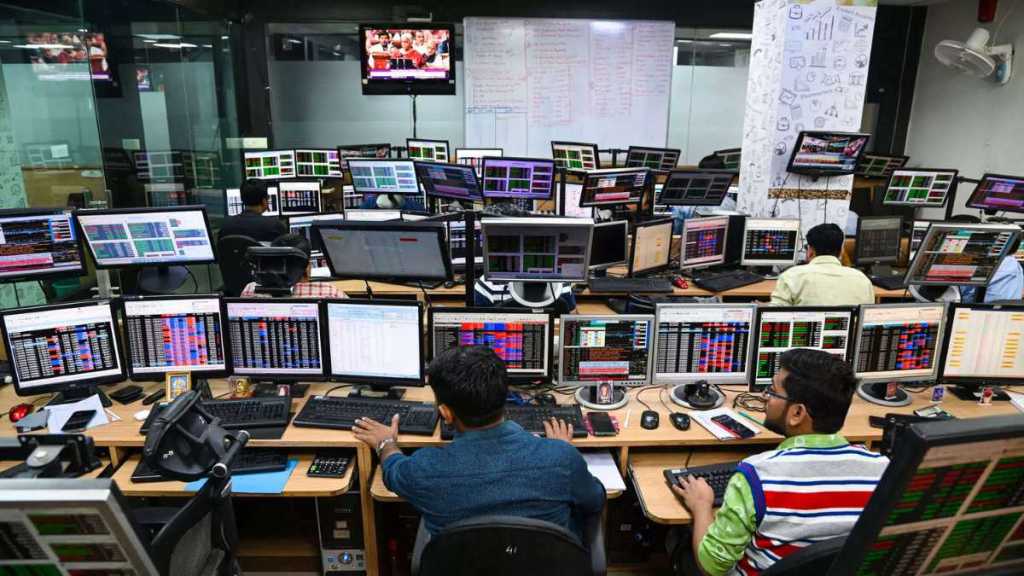Foreign institutional investors (FII) purchased shares worth net Rs 263.68 crore, while domestic institutional investors (DII) added shares worth net Rs 112.55 crore on October 17, 2023, according to the provisional data available on the NSE.
For the month till October 17, 2023, FIIs sold shares worth net Rs 10,942.62 crore while DIIs bought shares worth net Rs 9,669.62 crore. In the month of September, FIIs offloaded shares worth net Rs 26,692.16 crore while DIIs added equities worth a net Rs 20,312.65 crore.
“Global equities edged higher on Tuesday as markets continued to retrace last week’s moves to safe-haven assets, focusing on corporate earnings prospects and the resilience of the US economy rather than tensions in the Middle East. The market hopes that the war will remain localised. Nifty rose on October 17 in a gradual manner facing resistance from the earlier high of 19,843 made on October 12. It has made higher top, higher bottom formation so far in a mild way. It could now face resistance at 19,879-19,980 band while 19,731 could provide support on downmoves in the near term,” said Deepak Jasani, Head of Retail Research, HDFC Securities.
On Tuesday, the benchmark domestic indices ended in positive territory. The NSE Nifty 50 gained 0.40% to settle at 19,811.50, while the BSE Sensex added 261.16 or 0.39% to 66,428.09. Smallcap and Midcap stocks led the gains among the broader indices. The Bank Nifty index added 183.60 points or 0.42% to settle at 44,409.50. Financial Services, Oil & Gas, and PSU Bank stocks led the gains among the sectoral indices, while Consumer Durables slipped marginally 0.02%.
Foreign institutional investors (FII) or Foreign portfolio investors (FPI) are those who invest in the financial assets of a country while not being part of it. On the other hand, domestic institutional investors (DII), as the name suggests, invest in the country they’re living in. Political and economic trends impact the investment decisions of both FIIs and DIIs. Additionally, both types of investors – foreign institutional investors (FIIs) and domestic institutional investors (DIIs) – can impact the economy’s net investment flows.


